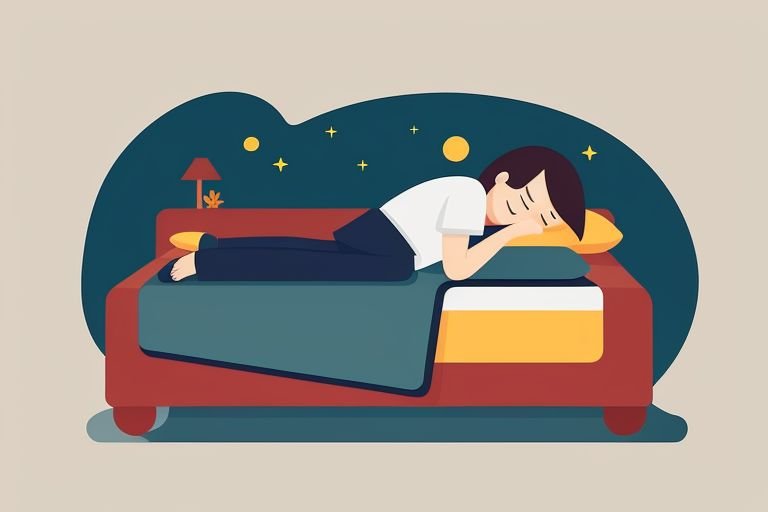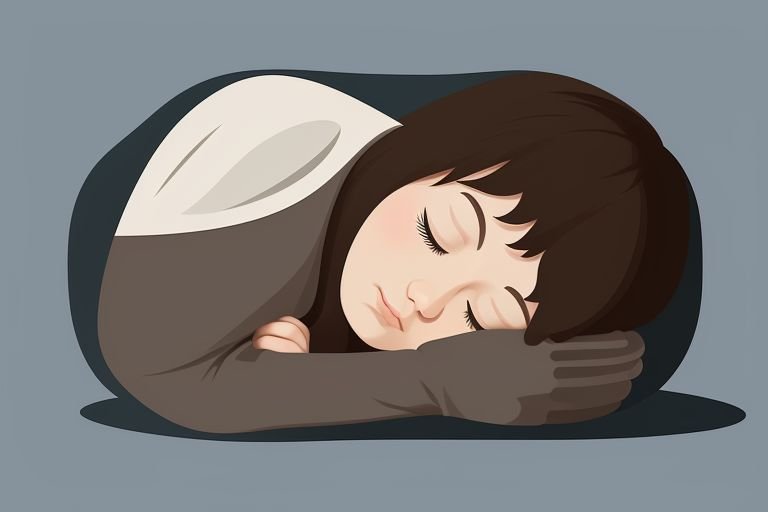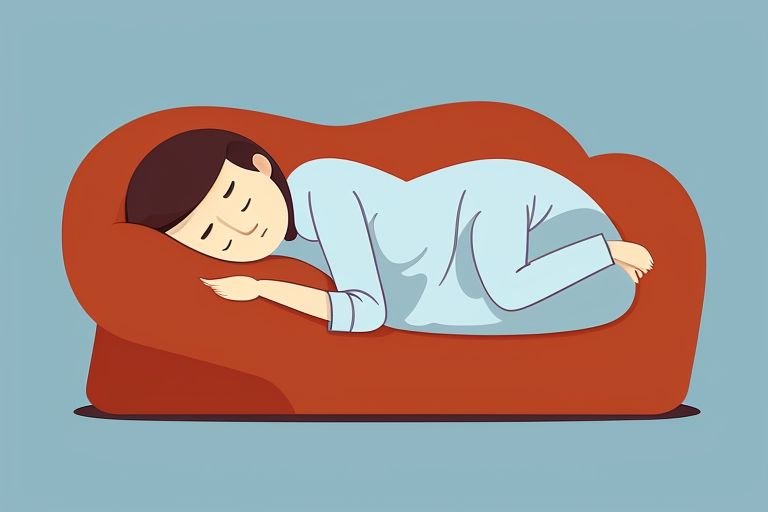Decoding the impact of excessive sleep on your health
Always want to sleep? It might be more than just sleepiness: A potential sign of serious illness!

We spend one-third of our lives sleeping, yet the belief that more sleep equals better health isn’t entirely accurate. However, excessive sleep can also have detrimental effects on the body. If you find yourself constantly wanting to sleep or feeling excessively sleepy, it could be an early indicator of hidden health issues. So, let’s explore this phenomenon together.
What does excessive sleepiness indicate?

Hypersomnia, caused by disruptions in the brain’s biological clock governing daily cycles, can lead to an increased desire for sleep. The body’s switch between light and deep sleep significantly plays a role in repairing and maintaining physical well-being. Uncomfortable sleeping conditions can result in more time spent in light sleep, thus, leaving individuals feeling the need to sleep more.
Sudden drowsiness and its potential causes:

- Colds
- Drowsiness during a cold may stem from a lack of rest or sleep-inducing ingredients in cold medicine.
2. Sleep apnea syndrome (Snoring)
- Drowsiness is a common symptom, often accompanied by dizziness, headaches, and a lack of energy during the day.
3. Diabetes
- Insufficient insulin in diabetic patients can also lead to drowsiness, fatigue, and listlessness.
4. Hypothyroidism
- Drowsiness, cold intolerance, decreased mobility as well as elevated blood lipids are symptoms of hypothyroidism.
5. Hepatopathy (Liver disease)
- Symptoms include lack of energy, fatigue, nausea, vomiting, and drowsiness.
6. Cardiovascular disease
- Abnormal blood circulation affects oxygen supply to the brain, leading to lethargy.
7. Anemia
- Anemia decreases hemoglobin, affecting oxygen supply to the brain and causing drowsiness and fatigue.
8. Alzheimer’s disease
- Studies have shown that sleeping more than 9 hours is associated with an increased risk of dementia, but drowsiness or increased sleep duration may be a symptom of Alzheimer’s rather than a cause.
Other dangers of sleeping too much

When we sleep too much, the blood circulation of the human body will slow down, a large amount of oxygen and nutrients will not be able to be delivered to various tissues and organs of the body, and memory and brain power will decline, affecting our mental state.
A research team counted data from 21 countries in 7 regions and found that people who slept more than the recommended limit of 8 hours had a 41% increased risk of major cardiovascular diseases such as stroke or heart failure.
Also, studies have pointed to night shift work and exposure to “night lighting” as risk factors for breast cancer.
If you sleep too often, the fat and cholesterol in your body cannot be broken down, which will then increase the risk of obesity.
For people with prolonged laziness in sleep can result in weak limbs, grogginess, and memory loss.
Conclusion
In conclusion, both insufficient and excessive sleep can have adverse effects on the body. Maintaining a healthy sleep duration of 6-8 hours daily ensures optimal well-being and vitality. Strive for the right balance to lead a healthy and happy life!
Leave a Reply